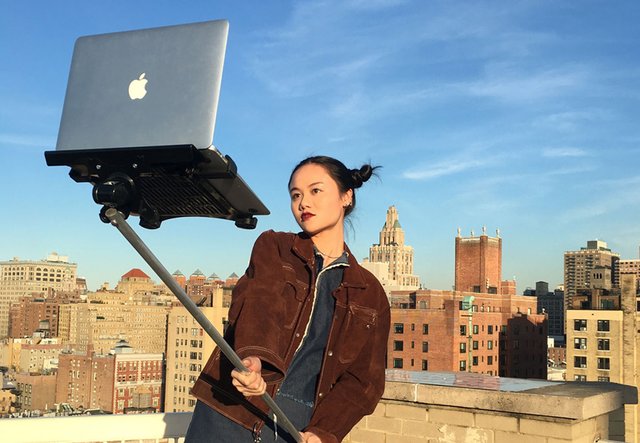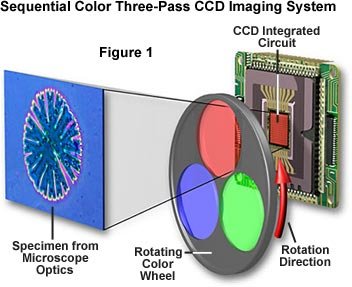The Science of Selfies. It's More Than Just A Click And The First Selfie Ever Was Taken In 1839 By Robert Cornelius.

I love sharing parts of my life with the internet. Personally, my favorite way to do that is with the selfie. And even though you only have to click a button to take the picture. There's actually a lot of cool science happening behind the scenes.

The single most important aspect of photography is light. It's what allows us to see the world as the light strikes the photoreceptors at the back of our eyes and not surprisingly cameras attempt to do something similar. The eyes lens focuses on any incoming light onto the light-sensitive retina. This happens because the lens bends the light as it passes through.

However, instead of focusing the light on a retina a camera's lens focuses the light on a light detecting chip. These wonderful little sensors are called CCD or charge-coupled devices. It works by utilizing the photoelectric effect when a photon of light strikes a pixel in the CCD an electron is released and as more photons reach any given pixel the electrons fill up the well like rain fills up a bucket. After the picture is taken the electric charge of each pixel is eventually represented by a digital value consisting of zeros and ones. And while this is all well and good if this was the only way cameras work all of our pictures would be in grayscale. Now for any humans you probably like some color. To accomplish this camera use a bayer filter, Which is placed over the CCD chip. This allows for either red, green or blue light to pass through. And by comparing one pixel with its neighbors the camera will make an educated guess about each pixel's true color. At the end of this, we will have a digital file made up of a bunch of numbers which we can edit and upload to social media. There is a lot of work that actually goes into your selfies.

If you think the concept of selfies is a new thing think again just a fun little fact for you. The first selfie was taken by Robert Cornelius way back in 1839.
Refrences -
http://electronics.howstuffworks.com/...
http://www.astropix.com/HTML/I_ASTROP...
http://spiff.rit.edu/classes/phys445/...
http://www.cambridgeincolour.com/tuto...
Image Credits - 1 2 3 4
If you enjoyed, Resteem and Follow me @masonmiler for more content just like this, and as always, take care of yourselves, and take care of each other :)